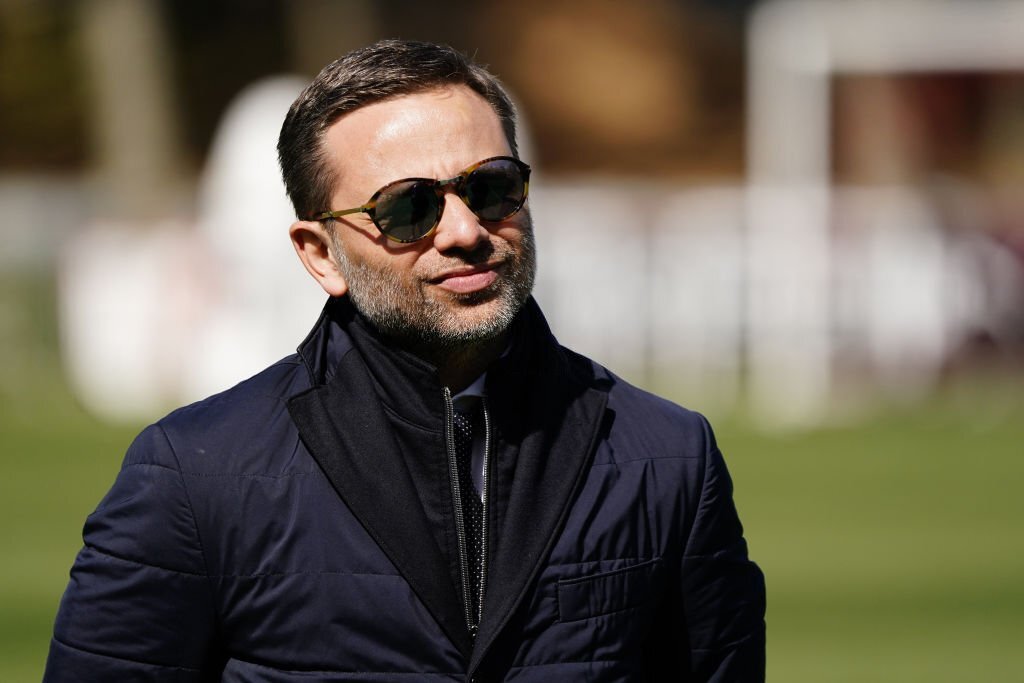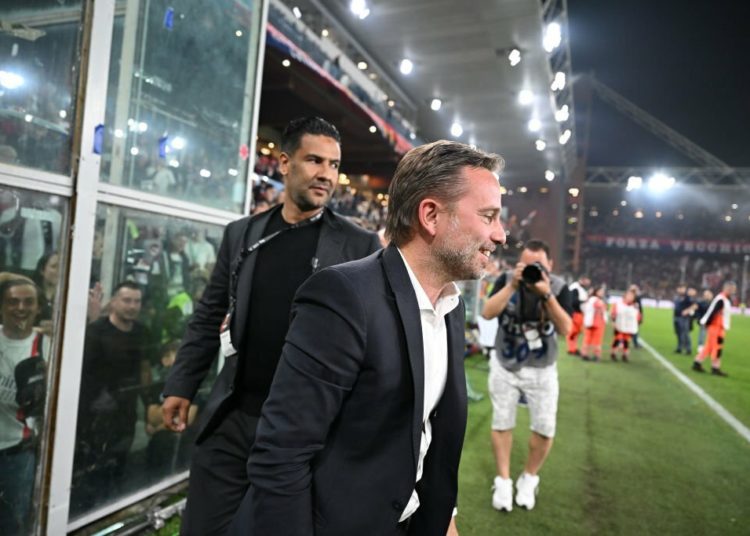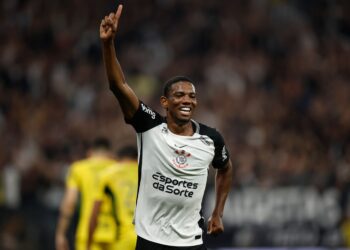Giorgio Furlani, CEO of AC Milan, is a guest at the 'DLA Piper Sport Forum' at San Siro Stadium in Milan.
The transition from Elliott to Red Bird: you followed it entirely. Furlani replied:
"There was, when I was with Elliott, a controlling financing, and then Elliott accidentally became the owner due to the failure of the shareholder. AC Milan was not sustainable as it is today, and yes, it was close to bankruptcy. Like Elliott, we had to undergo a major turnaround, based on four fundamental pillars: first, sporting success, because there's no project in football or at Milan without sporting success as its base; second, cost adjustments, especially regarding players whose salaries were too high for their performance; third, investments in the commercial area to generate revenues for reinvestment; and fourth, unfortunately, the new stadium..."
What's the status regarding the stadium issue?
"We tried the San Siro project, now we're focusing on San Donato."
What's your ideal investment approach?
"Once we generate resources, we reinvest them in the growth of the team through investments in players."
What's the next step for Milan? Furlani said:
"We achieved our first profit in the last financial statement after 17 years, and this fits into a context of recovery initiated by Elliott and a growth phase with RedBird. In the past year, we've strengthened the business side with new sponsors, new and renewed partnerships, e-commerce, collaborations with entities like the NY Yankees. Obviously, economic success goes hand in hand with sporting success. Competitiveness, yes, but not at any cost. We're competitive and mindful of costs. Sporting results bring revenues, but everything collapses without the Growth Decree; without it, it would be the destruction of Italian football. Since the Growth Decree, we've achieved great results in Europe as Italian football because we are a talent business: we are behind other markets economically, we're in a challenging context... But look: it's impossible to create a stadium project, there are limits on non-EU players, shorter contracts... The only leverage that makes us competitive with other European leagues is the Growth Decree. Our sponsors are foreign capital coming into Italy, which we then invest; all non-football projects are financed by foreign money: when you can't offer a good product without the best players, it doesn't make sense to develop projects. Removing the Growth Decree seems like madness on a national economic level."
Does Tonali's transfer indicate a strategy of selling a key player every year and then reinvesting? Will the top players stay?
"I don't know, we'll see."
















